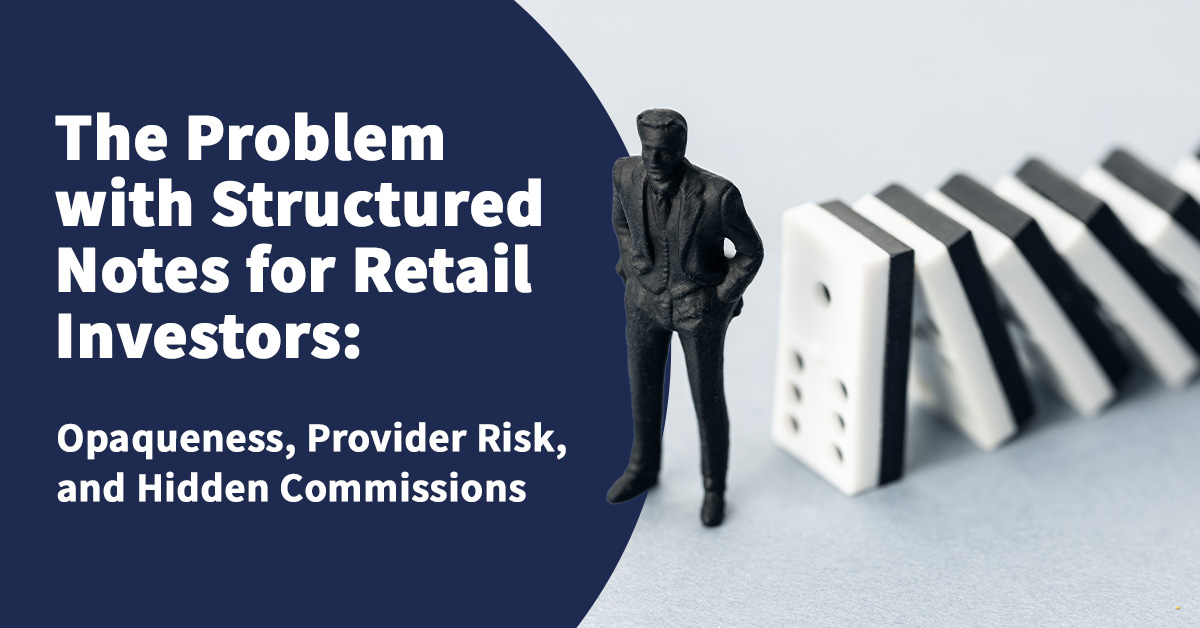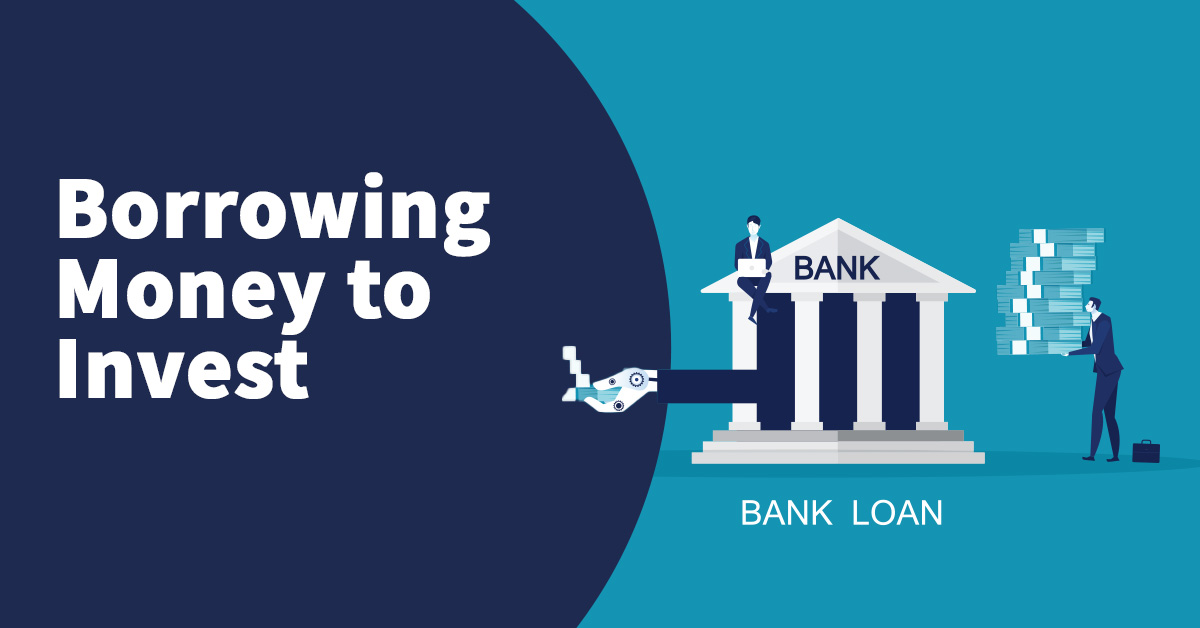Your investment objective will be addressed by using an evidence-based investment portfolio.
Our approach to asset allocation is designed to create portfolios that behave in line with an investor’s expectations. By matching implied volatility with the investor’s attitude to risk, the asset allocations aim to minimise the chances of downside risk that are greater than the investor is prepared to tolerate.
Your investment strategy is essential to meeting your financial goals. Remaining invested during market fluctuations can be difficult if your portfolio is not aligned with your psychological risk tolerance. We help you overcome this ‘behavior gap’ by integrating your risk tolerance with your short, medium, and longer term goals.
The investment portfolio structure will make use of high quality, multi-asset, core holdings that are cost-effective, passive in construction, and offer attractive risk-adjusted returns.
We are fee-based; we do not receive commissions from the investments we select for you.
Frequently asked questions (FAQs) about Evidenced based investing:
To implement evidence-based investing, start by defining your financial goals, risk tolerance, and investment time horizon. Consider building a diversified portfolio using low-cost index funds or ETFs that cover various asset classes. Regularly review your portfolio, rebalance as needed, and stay committed to your long-term investment plan. Working with a financial advisor experienced in evidence-based investing can provide additional guidance and support.
Evidence-based investing can be suitable for a wide range of investors, including individual investors, institutional investors, and retirement funds. However, it’s important to consider individual goals, risk tolerance, and investment time horizon when implementing an evidence-based investment approach. Consulting with a financial advisor can help tailor the strategy to individual circumstances.
Evidence-based investing generally discourages market timing, which involves trying to predict the best time to buy or sell investments based on short-term market movements. Instead, evidence-based investors focus on a disciplined, long-term investment strategy and avoid making reactive investment decisions based on market timing, which research has shown to be challenging to consistently achieve.
Cost is an important consideration in evidence-based investing. High costs, such as excessive fees and expenses associated with actively managed funds, can significantly erode investment returns over time. Evidence-based investors prioritize low-cost investment vehicles, such as index funds or ETFs, to maximize their long-term returns.
Evidence-based investing recognizes that market fluctuations are a normal part of investing and cannot be predicted or consistently exploited. Instead of reacting to short-term market movements, evidence-based investors stay focused on long-term goals, maintain a well-diversified portfolio, and adhere to their predetermined investment strategy.
Diversification is a key component of evidence-based investing. It involves spreading investments across different asset classes, sectors, regions, and securities to reduce the impact of any individual investment’s performance on the overall portfolio. Diversification helps manage risk and increase the probability of capturing market returns.
Active investing involves attempting to outperform the market by actively buying and selling securities based on market trends, individual stock analysis, or other strategies. In contrast, evidence-based investing focuses on long-term market returns and emphasizes diversification, asset allocation, and a passive investment approach using low-cost index funds or exchange-traded funds (ETFs).
Evidence-based investing offers several benefits, including:
- Higher likelihood of achieving long-term investment goals
- Lower costs compared to active management strategies
- Reduced reliance on market timing and individual stock selection
- Improved diversification and risk management
- Alignment with academic research and evidence, providing a disciplined approach to investing
The primary principle of evidence-based investing is the belief in the efficiency of markets. It suggests that markets are generally efficient, and it is difficult to consistently outperform the market through active management or stock picking. Instead, evidence-based investing focuses on capturing the long-term returns of the market as a whole through diversified, low-cost investment strategies.
Evidence-based investing is an investment approach that relies on empirical evidence and academic research to guide investment decisions. It involves using data and evidence from historical market behaviour to make informed investment choices, rather than relying on speculation or market timing.










